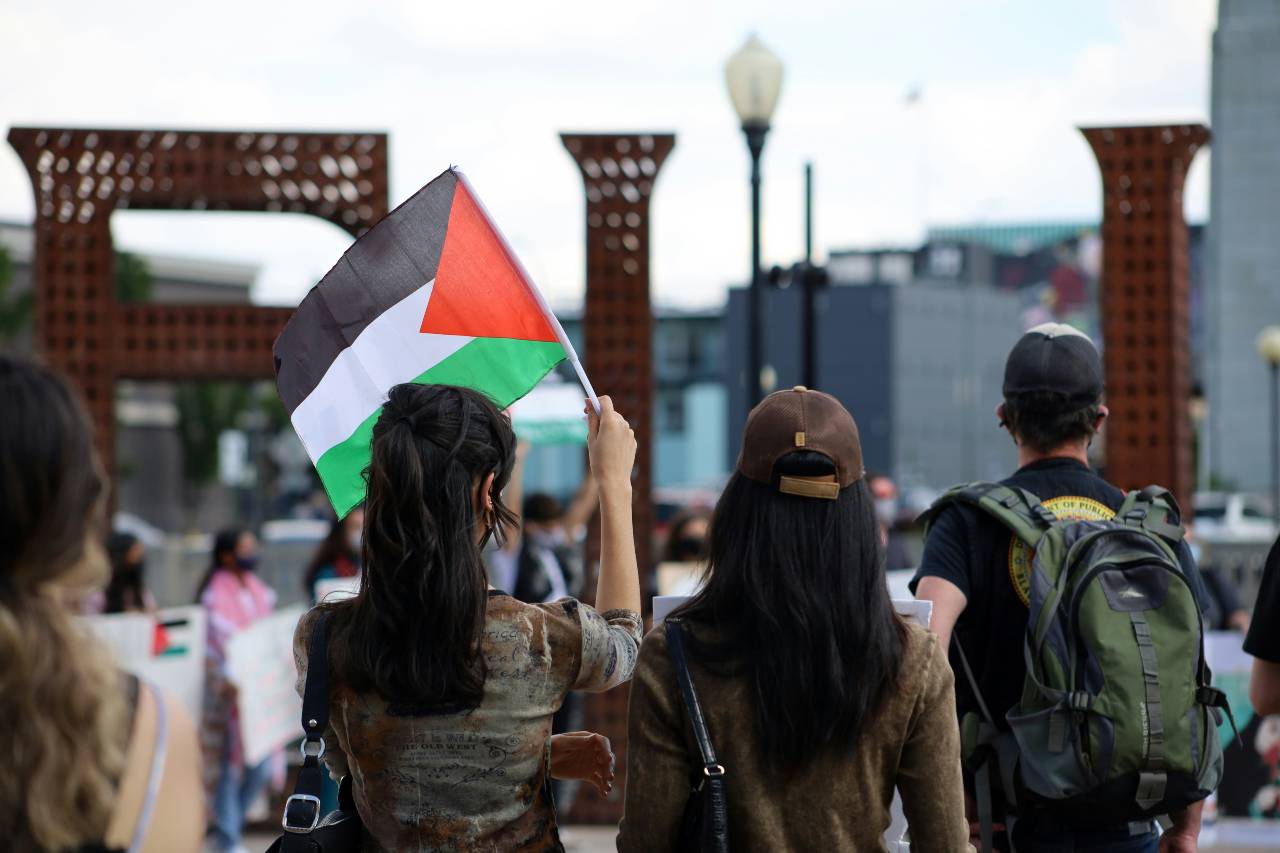That depends on what we have been doing, where we are, and where we want to go.
Usually, this is the question asked at the dead end, the middle of the storm, or the darkest night. When things are bleak and hopeless, we ask a question out of desperation. Even when we’ve been given plenty of good answers.
It’s worth considering the inherent problem with the question: we ask abstractly while desiring a particular answer. It wants relief in a particular moment, with particular conditions, but a universal tone and ultimately, universal relief.
This dichotomy brings about a local/universal paradox, to which generous minds send us back in to ourselves.
This is what many environmentalists did when confronting the great challenge of climate change, offering the slogan “think global, act local.” In other words, take that global, planetary concern, and activate it locally. A noble pursuit, for sure. But hardly a vision of global healing.
The problem with paradoxes is we want to choose between two things that must exist at the same time. We long to think it is either global or local—therefore local action can lead to global change. But global change doesn’t happen by isolating it from local action. It comes from movement building and massive organizing. Global change requires global thinking and global action that is tied into local thinking and local action. We must think and act global and local.
***
The worst time to give up is when the night is darkest. Because then, we aren’t making a rational decision and we are refusing to have hope in the future, in one another, or in ourselves.
The time to give up is when the sun is brightest, when we can see clearly, and we can see there is a better option available to us.
***
I most often here the question “what do we do now?” before we’ve done anything. Before we’ve considered the possibilities or discerned how we got here. And always before we have chosen to work things out with other people.
The two most common situations are these:
- Interpersonal conflict
- National/Global conflict
People want relief that is dependent on someone else changing their behavior. Or they want to fix a systemic injustice that powerful interests control.
The question implies that the individual actually has control over the thoughts, emotions, and behaviors of other people. Often because we are dissatisfied with our actions to better the relationship or help the people around us.
Here’s the most useful response to both:
Learn to do nothing.
Seriously.
This isn’t giving up. It is learning to know the difference between moments where there is something for us to do and when there isn’t. Often our frustration comes from not being able to do something. But often there isn’t something to be done. Or, more precisely, to be done directly about it.
Chances are you actually have done what you can do. You’ve spoken to them or sent the information. But there isn’t something more to do because we can’t change people’s minds for them.
And sometimes it is all of the doing we are currently doing that shuts others down. Or all of the doing they are doing that paints you as untrustworthy. Or maybe we need to get our egos out of the way and let them be.
We must learn to do nothing so that we can let go of our responsibility to make other people believe.
Learn to organize.
Usually the paradox we are living into is an individualistic vision of the world that traps us into believing we’re alone, that only I am ever responsible for things, and that the solutions must be about me. The group I found or participate in. Or the people I particularly help.
This is the cunning disincentive for “think global, act local.” It convinces us that there is no we at all. Just me and my personal behavior.
Much of our global struggle originates from this sense of individual action and responsibility. And the people in pews or gathered for book groups look at big problems and say “somebody needs to do something about that.” We might gather in coffee shops with friends and bemoan the state of affairs, adopting a detached posture of helplessness to the great issues of the day while begging for local answers that can be as simple as rinsing out a plastic cup and tossing it in the recycling bin.
American’s have been seduced by individualism. So what do we do now? We get together with other people.
